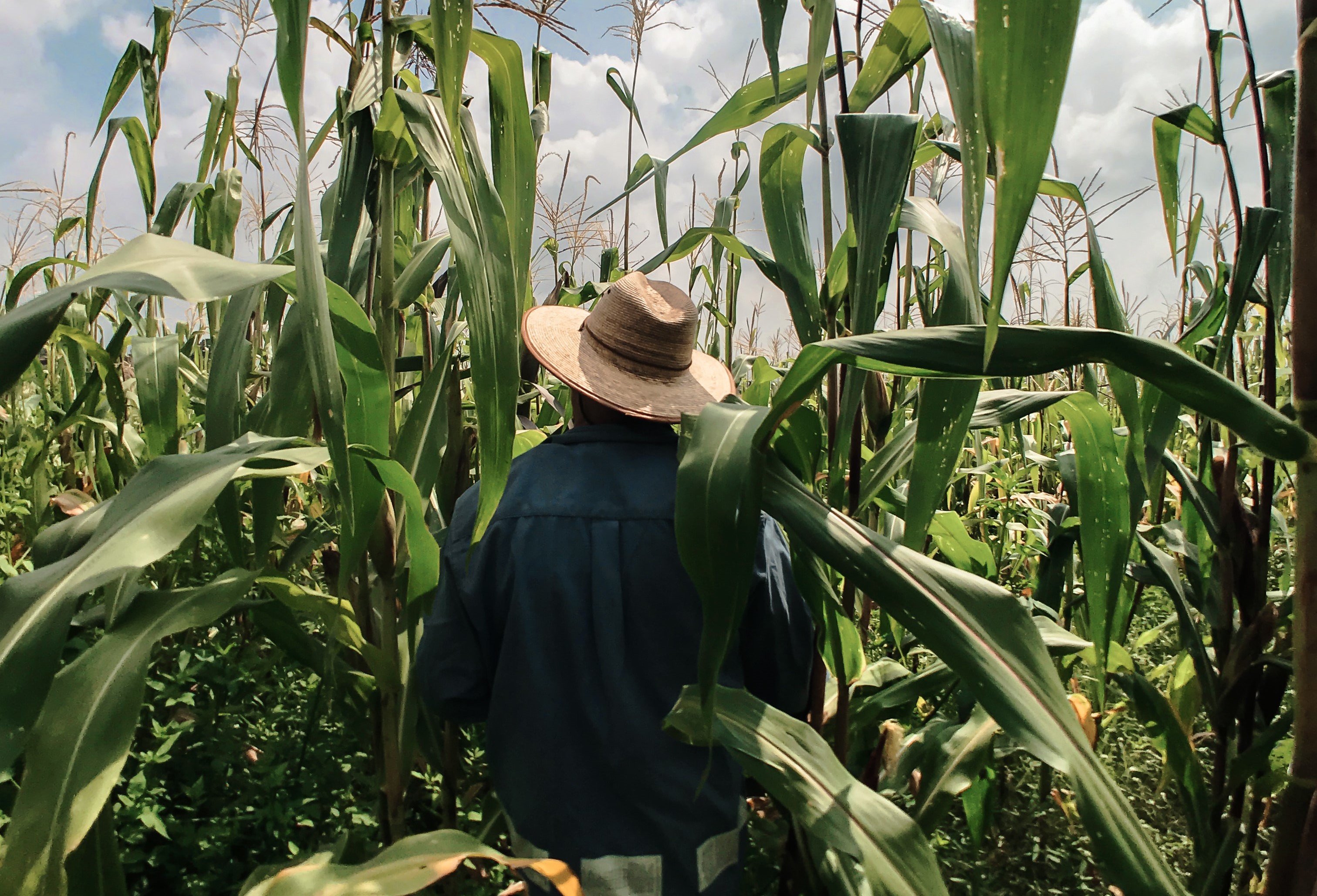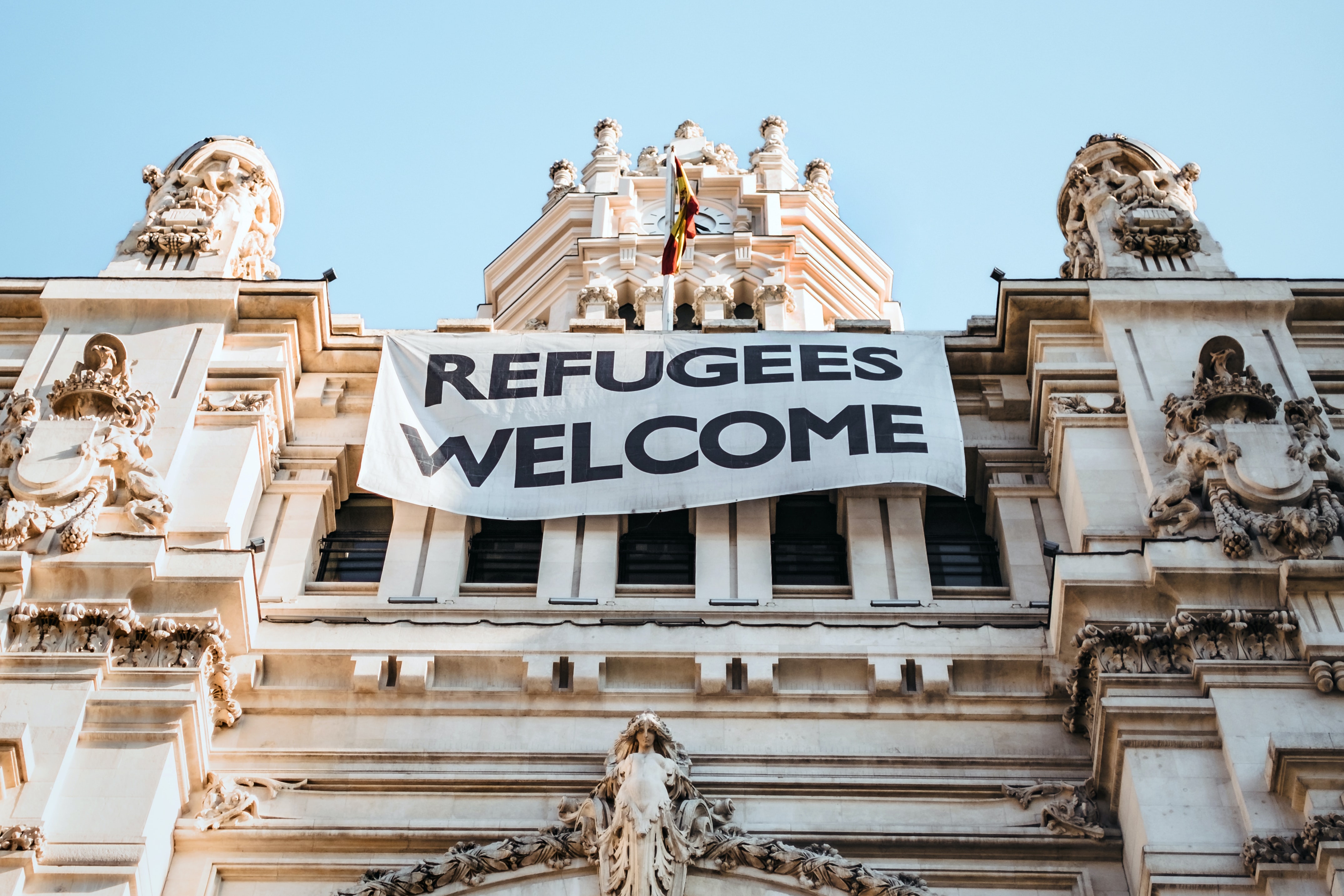LSE ID alums Eliana Mallouk and Youmna Cham investigate the barriers to free speech for Palestinians, drawing on their experiences in the MENA region. Their perspective explores the challenges faced by advocates of a ceasefire and a Free Palestine, highlighting insights from people working and living in the region.
From Europe to the US and extending to the Arab MENA, social media users and human rights activists that are vocal about raising Palestinian voices are suspecting strange maneuvers from giant social media networks to curtail, censor and restrain the reach of their content. Many users have reported that they have been subject to content stifling taking the shape of what is called shadow ban in which their accounts are either being demoted, reach and engagement reduced, content being hidden, and limited show up of their posts on the feeds of their followers, especially compared to other content not related to Palestine.
Toufic Braidi, a Lebanese social media influencer and comedian stated that his 1 million followers’ verified Instagram account experienced a shadow ban after posting numerous stories covering the war in Gaza. He stated: “My stories were reaching on average 200K of views now suddenly they’ve been reduced to 5k – why me? Why this coincidence?” Toufic is indeed one of many other social media users who are complaining that their accounts are experiencing shadow banning coupled with disproportionate and unequal censorship of their Palestinian content.
Hayat Mirshad founder of Female NGO, a non-profit grassroot feminist organization based in Lebanon feels the effect of censorship: “As human rights defenders, mobilizers for rights and local aid workers we have become extremely reliant on online platforms to promote awareness, mobilize and reach communities and advocate for just societies at a time where the offline space continues to shrink in the region. However, with the onset of the Israel/Gaza war we’ve noticed contraction of the digital space too and this is alarming for us. Our voices and perspectives advocating for Palestinian rights are being suppressed and marginalized in various online avenues and what’s particularly worrisome is that we’ve reached a juncture where we’re no longer clear on the criteria underlying the decisions for the removal, shadow banning or even shut down of posts and accounts”. Indeed, in the world of human rights activism, the pervasive shadow of digital censorship casts a profound impact on the individuals devoted to making a difference. Picture this: activists, driven by an unwavering passion for justice, find their voices stifled as censorship practices restrict their ability to share stories of injustice, raise awareness, and mobilize support for causes close to their hearts. These digital barriers not only impede communication among like-minded champions for change but also sever crucial ties with the communities they strive to assist.
META emphasized that it was never its intention to suppress “a particular community or point of view”. The company clarified that given the “higher volumes of content being reported” since the onset of the conflict many content that didn’t violate the community guidelines were “removed in error”. META has also chalked up the problem to a bug that has impacted the reach of various posts “equally around the globe” regardless of the “subject matter of the content”. However, most digital users in the region and beyond believe that this is a way to silence and censor Palestinian content, voices and narratives.
Nevertheless, amid the contentious digital landscape, Toufic Braidi emphasized that “at least we’re still operating within their platforms and let’s be fair we are able to share what we want to share in times when mainstream media refused to share”. Indeed, big tech platforms keep playing an important role in challenging the narrative of mainstream media and the asymmetrical coverage of the Israel-Gaza war that has been characterized by rife and deadly double standards.
The CNN effect has constructed a narrative in the imaginary of people that denied the existence of civilians in Gaza, the 75-year-old occupation and violence that is drawn on damaged lives, forced displacement and systemic violence and rationalized the collective punishment against Palestinians. Many in the region still perceive social media platforms as their last resort of force to counter the approach in which traditional media have addressed the matter.
Additionally, the region has seen social media users morphing into active instant chroniclers in this conflict, turning their mobiles into impromptu news outlets, clad with the mantle of fact-checkers and bent on debunking misinformation. The region’s digital users are actually acting as digital educators, instilling knowledge and passion into their communities, and creating informed advocates.
Moreover, those digital networks are currently regarded as catalysts for change, enabling activists and social media users to exert moral pressure on governments and state institutions in the Arab vicinity and elsewhere. Authorities are wary about the emotionally charged hashtag campaigns, online petitions and digital advocacy initiatives rallying support for Gazans. Live streaming, and emotional storytelling, coupled with targeted informed messages injected immediacy that stirred both the outrage and empathy of viewers. Nevertheless, social media users continue to be exposed to practices of control and censorship of their digital behavior that affect not only their activism but also their reputation and job security.
Between silent struggles and self-censorship
In addition to the digital shadow ban, self-censorship is another observable behavior in this region and this pattern is also felt outside the Arab world. Many individuals are engaging in self-censorship driven by a palpable fear and anxiety that refrains them from expressing personal views or calling for a ceasefire, perceiving these actions as risky for their professional standing and livelihoods.
Through check-ins with peers across different fields in the region, many revealed a reluctance to share digital content on their private social media accounts in support of Palestinian rights driven by the same fear of compromising job security and for some their work permit and legal status in various regional Arab countries. Some also added that they are afraid of stepping into this journey for fear of getting into unintended troubles. Such worries are fueling a sense of embarrassing silence, as many of the discussions are rather engaged in private spheres, leaving many to watch the horrors unfolding in silence – day after day – while the world appears to shrug in indifference just like it happened in Nagorno-Karabakh and many other emergencies.
Toufic Braidi is one of those who didn’t engage in self-censorship, he says: “ I don’t want to look at this topic and say because it’s Palestine I want to talk about it, I talk about any form of oppression. When my sister got harassed in Beirut, I did a campaign against sexual harassment. When faced with the high costs of period pads in Lebanon I did a campaign against period poverty”. Through his content aimed at raising awareness about what’s happening in Gaza, Toufic found himself in a situation losing three brand deals. He added: “The first company said that I was too vocal about the topic, the second simply ignored me and the third stopped their collaboration with me after I posted a story on Instagram reproving how a country in the MENA is celebrating and doing shows while we have civilians and children being killed in Gaza”. Toufic’s testimonial reflects that of many others who speak out for Palestinian rights but encounter repercussions to their careers and reputation.
Exploring the path forward
Despite the current contentious digital framework and the general public feeling paralyzed by fear and anxiety, Karim Bitar, a Professor of International Relations at Saint-Joseph University of Beirut added: “The situation today is much more open than it was thirty years ago. Today it is radically different because of social media and the interdependent world we live in and if there are attempts to silence those voices it is because they started to gain recognition and influence public discourse”.
We are surely noticing a new solidarity movement across the world, that was quite non-existant thirty years ago, advocating for peace and security, and built upon the principles of justice, equality and freedom for all. While digital activism remains a critical tool for this movement, it requires tech institutions, governments, and media users to create an open space for navigating the sensitive issues pertaining to this conflict, while projecting an accurately unbiased stance. The right equilibrium lies in fostering an agreement by which opinion-makers from all sides feel that their honest voices are equally heard, accounted for and less marginalized. It remains crucial to maintain both the online and offline enabling environment to foster freedoms and rights for all.
The views expressed in this post are those of the author and in no way reflect those of the International Development LSE blog or the London School of Economics and Political Science.
Featured image: Khalid Albaih via Flickr.






1 Comments